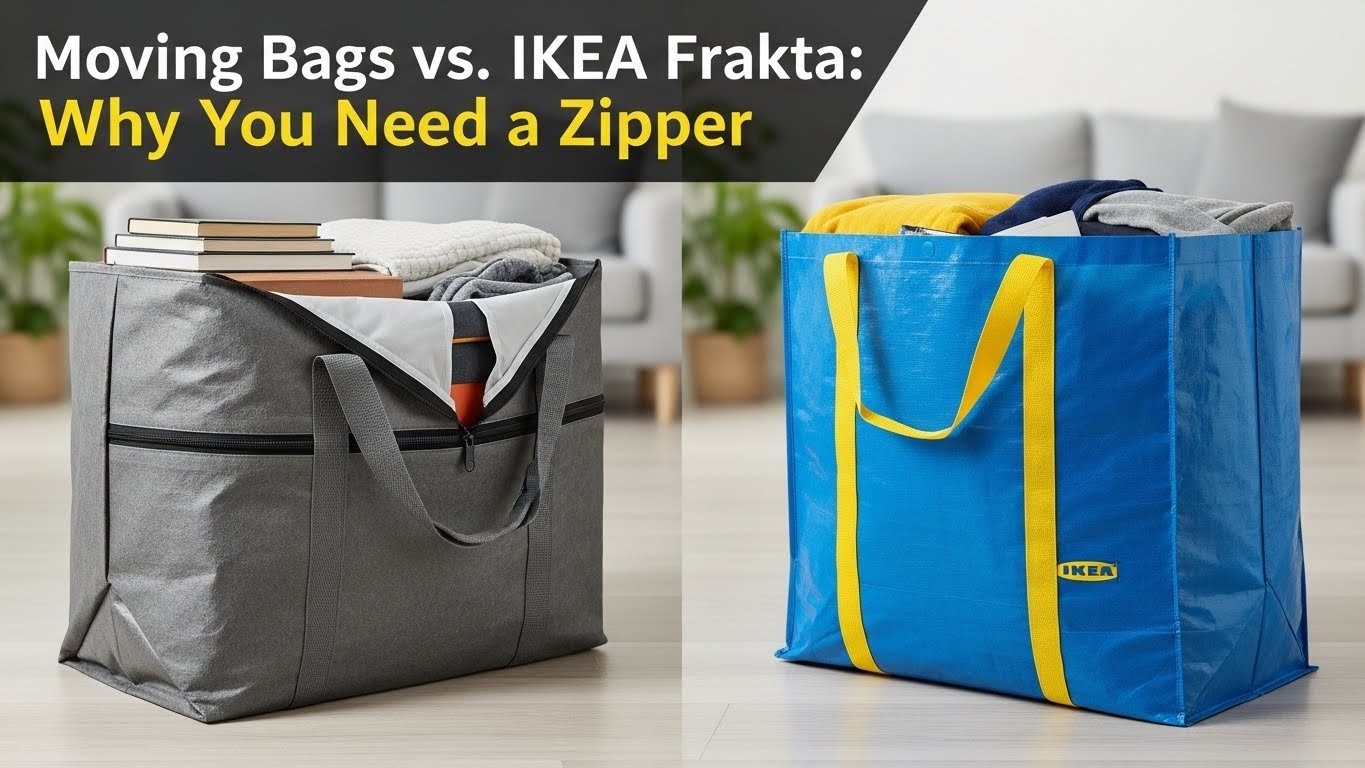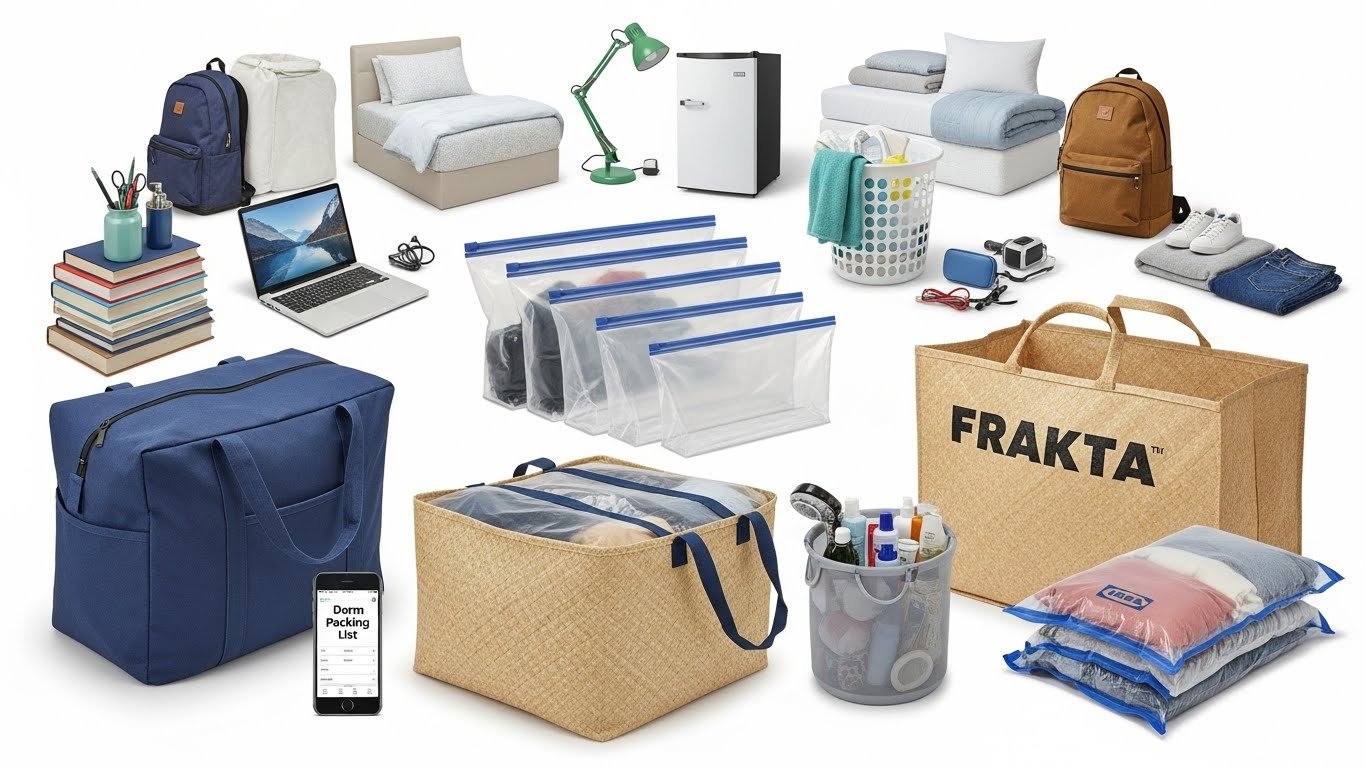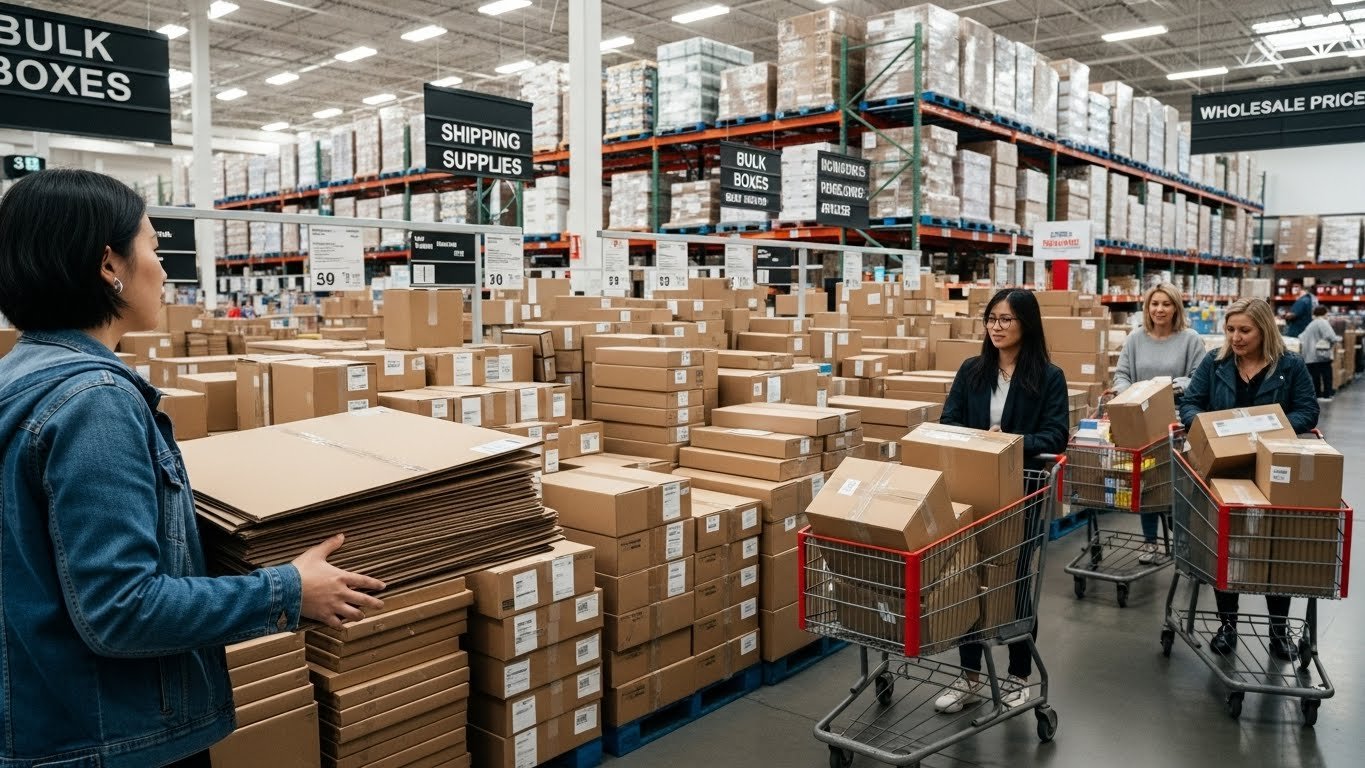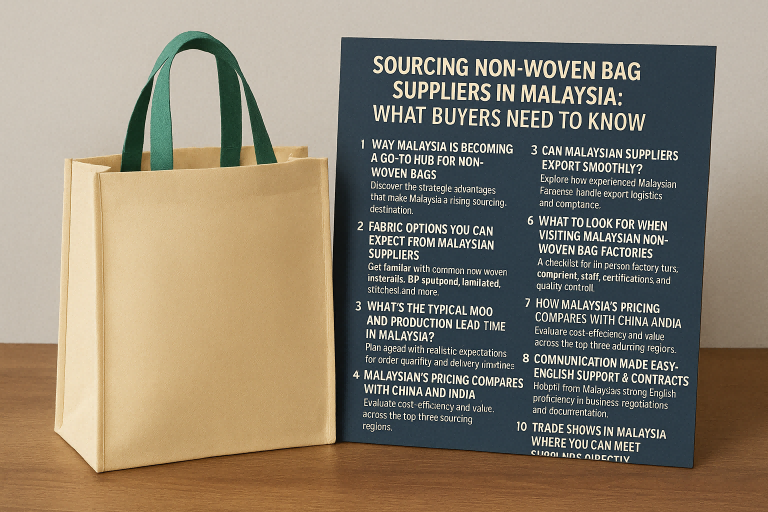
Finding a reliable bag supplier overseas can feel risky. Language issues, missed deadlines, and uncertain quality control often cost time and money.
Malaysia is becoming a prime destination for sourcing non‑woven bags1 due to its efficient factories, export readiness, and strong English proficiency.
This guide reveals what experienced importers wish they knew before buying from Malaysia.
Why Is Malaysia Becoming a Go‑To Hub for Non‑Woven Bags?
Struggling with late shipments from India or inconsistent specs from Vietnam? Malaysia is the middle ground you’ve been looking for.
Malaysia offers Southeast Asia’s manufacturing strength combined with better infrastructure, smoother exports, and responsive English-speaking suppliers2.
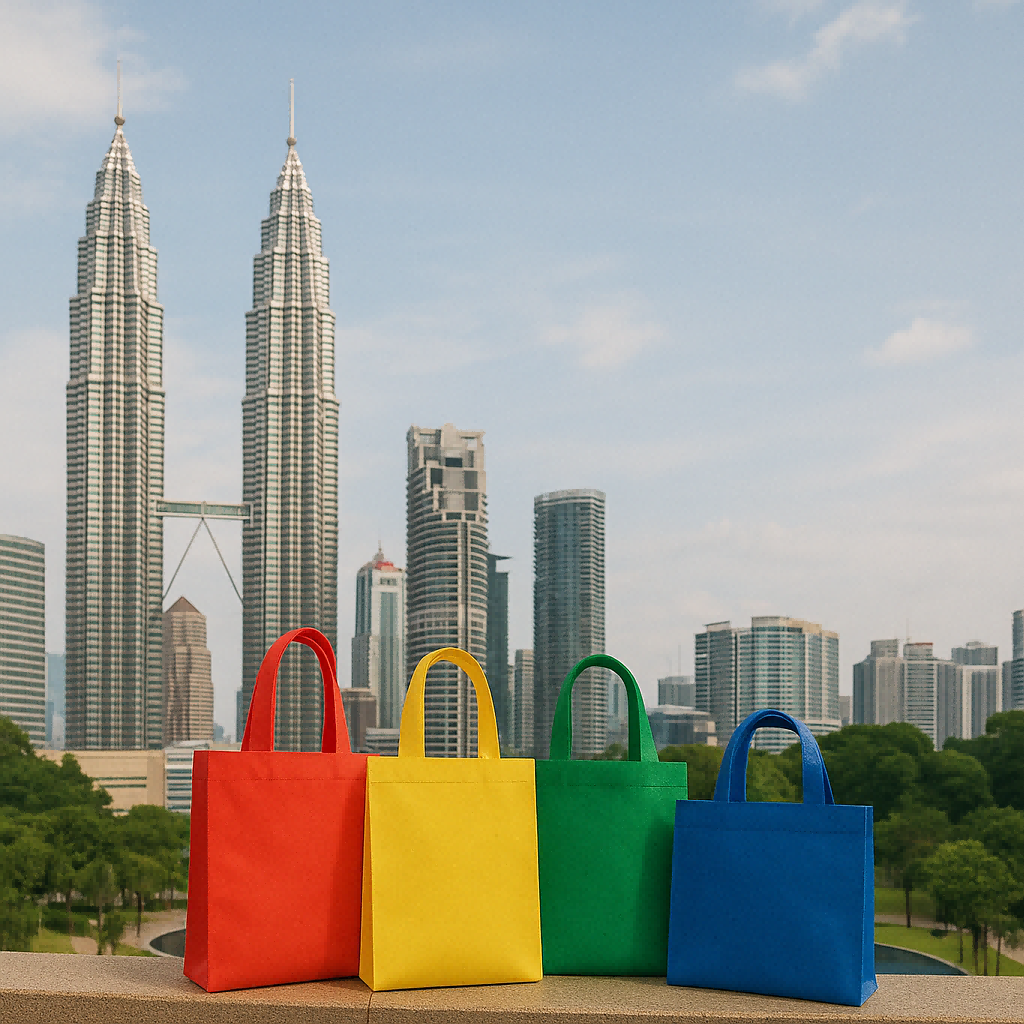
Why Malaysia Works for International Buyers
Malaysia’s non-woven bag industry has matured quietly over the last decade. With growing demand for sustainable and reusable packaging3, the country’s factories have invested in newer machinery, trained staff, and international certifications. For buyers like Mike Klein—who need reliability without paying a premium—Malaysia delivers on speed, quality, and service.
| Feature | Malaysia | China | India |
|---|---|---|---|
| Supplier Transparency | High | Moderate | Varies |
| English Communication | Strong | Fair | Moderate |
| Export Infrastructure | Excellent | Excellent | Developing |
| Lead Time Reliability | Consistent | Varies | Risky |
| ESG Compliance | Improving | Varies | Low |
Fabric Options You Can Expect from Malaysian Suppliers?
Imagine receiving bags that fall apart after one use—don’t let unknown materials ruin your campaign.
Malaysia’s factories offer a wide range of fabric types including PP spunbond4, laminated non‑woven5, stitched, and ultrasonic‑welded options.
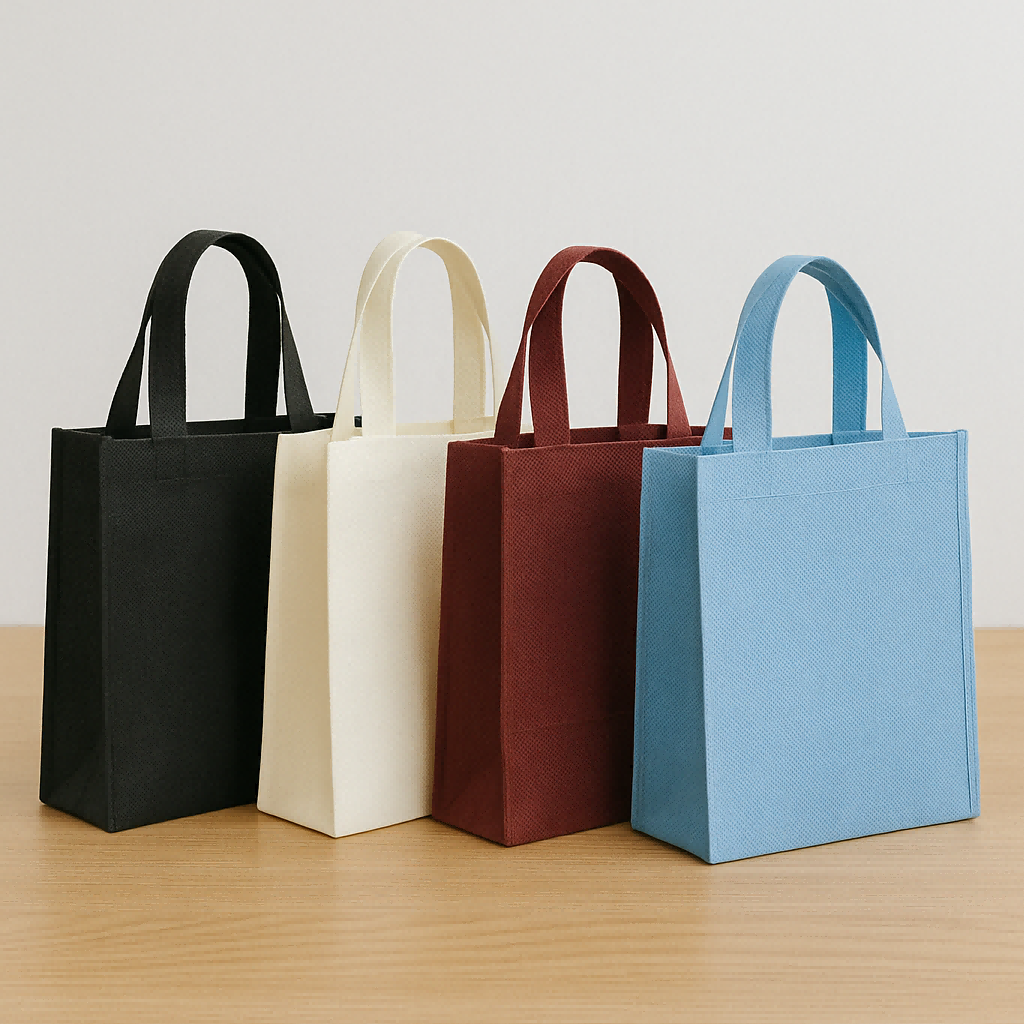
Overview of Non‑Woven Fabric Choices
Each fabric type has different implications for durability, print quality, and feel. Knowing what each term means lets you negotiate confidently with suppliers—and get samples that match your expectations.
| Fabric Type | Description | Best Used For |
|---|---|---|
| PP Spunbond | Non-woven, breathable, basic grade | Grocery, pharmacy bags |
| Laminated Non-Woven | Glossy/matte coating, water-resistant, printable | Retail promo, gift with purchase |
| Stitched Non-Woven | Seams for extra strength, longer lifecycle | Heavy-duty, branded giveaways |
| Ultrasonic Welded | Seamless fusion, smooth look, light-duty | Cosmetic, pharmacy, conference events |
Material Sourcing Insight
Malaysian suppliers often import raw polypropylene pellets from Thailand or Indonesia. You can ask for GRS certification6 if eco-credibility is a must.
What’s the Typical MOQ and Production Lead Time in Malaysia?
Avoid unpleasant surprises by understanding timelines before committing.
Expect minimum order quantities of 3,000–5,000 pieces and production lead times of 15–25 days in Malaysia.
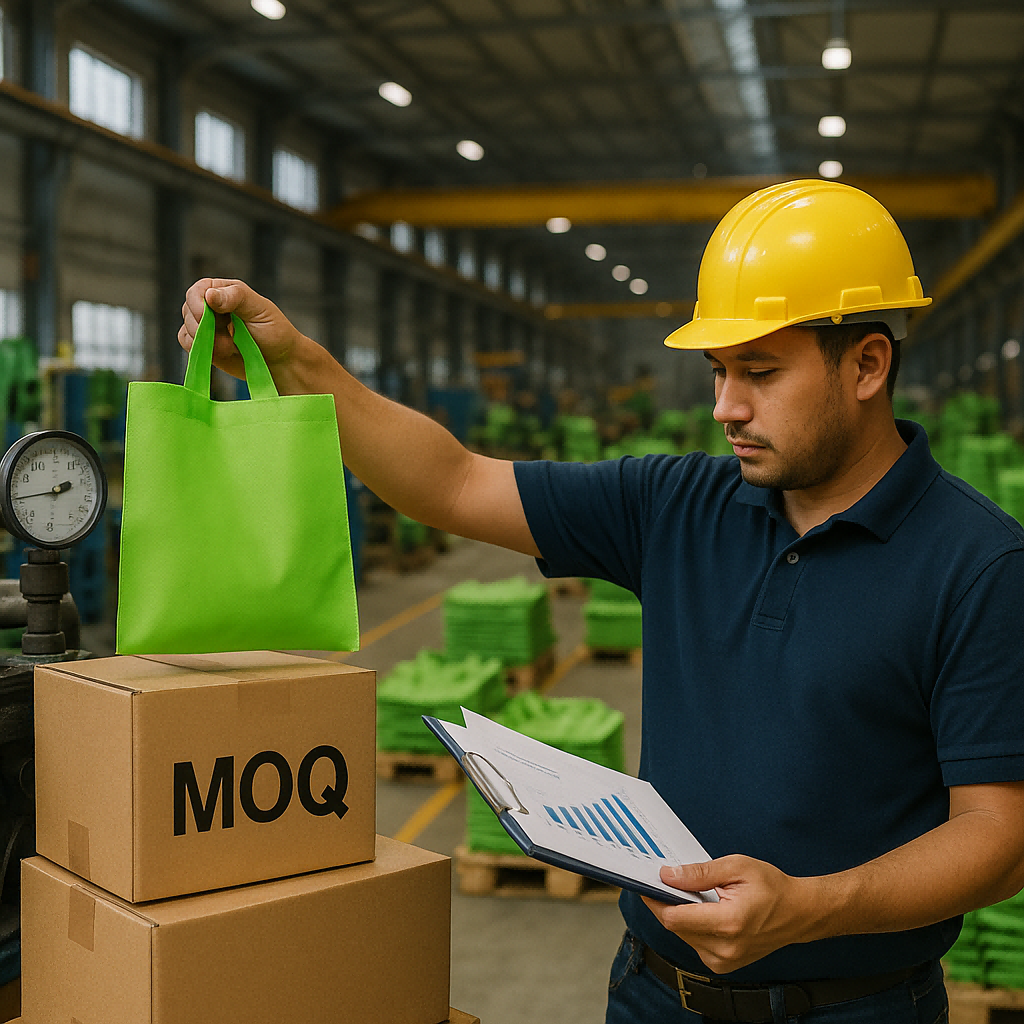
Planning Your Orders
Compared to Vietnam and India, Malaysian suppliers typically move faster after sample approval. The country’s smaller factory clusters allow for more personalized coordination.
| Country | MOQ Range (pcs) | Lead Time (days) | Peak Season Notes |
|---|---|---|---|
| Malaysia | 3,000–5,000 | 15–25 | Busy pre-Ramadan and Q4 |
| China | 5,000–10,000 | 20–35 | Golden Week, CNY delays |
| India | 5,000+ | 30–45 | Diwali and Holi slowdowns |
Insider Tip
Always buffer 10 extra days for port clearance and international shipping, especially if your order requires custom handles or multi-color printing.
Malaysian Trade Regulations That Matter for Importers?
You’ve picked the bags and signed the PO—now don’t let missing paperwork hold up your shipment.
To import from Malaysia smoothly, prepare for English-labeled invoices, complete HS codes, and relevant trade certifications.
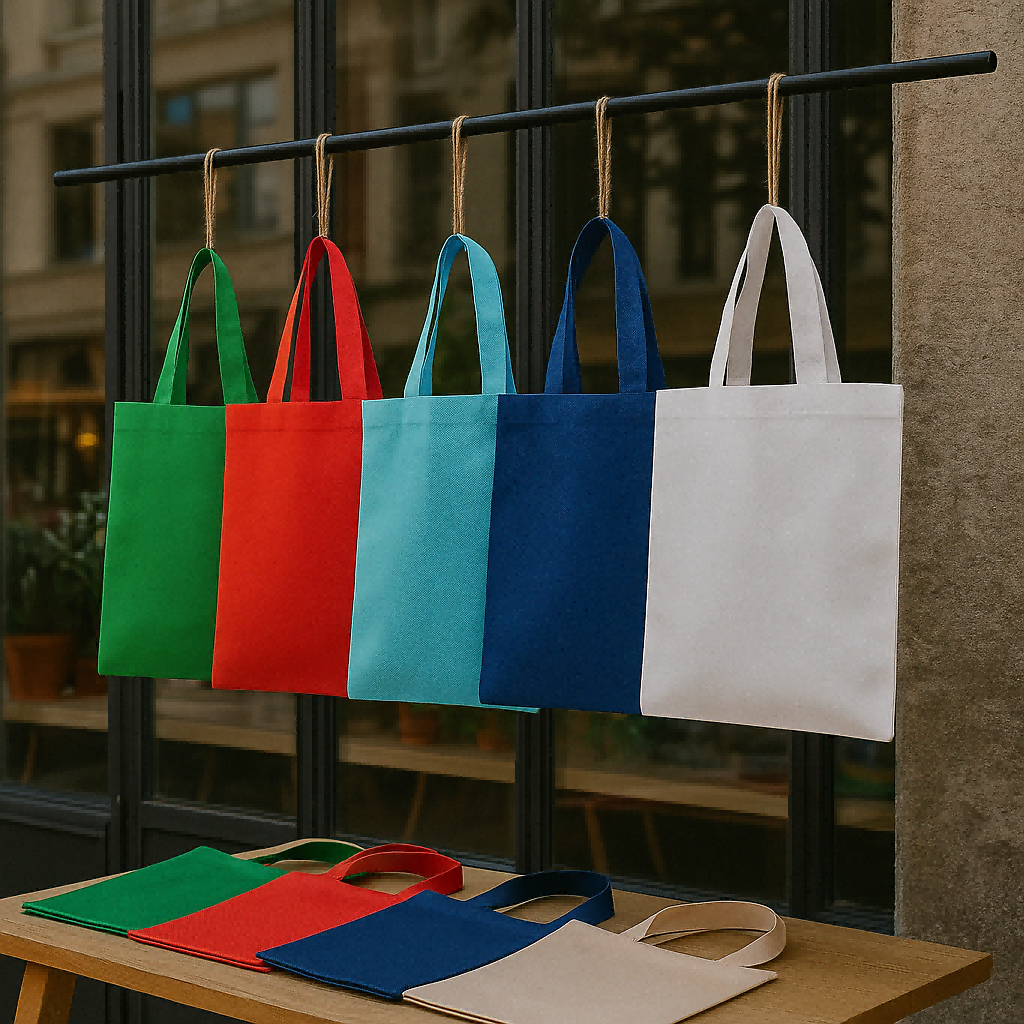
Avoid Customs Delays
Understanding Malaysian trade laws helps you instruct your supplier clearly. Don’t assume they know your country’s compliance needs—share them upfront.
| Document | Purpose | Who Prepares |
|---|---|---|
| Commercial Invoice | Declares value and product details | Supplier |
| Packing List | Helps customs verify quantities | Supplier |
| Certificate of Origin | Enables tariff savings under ASEAN FTA | Supplier + Chamber |
| GRS / BSCI Certificate | Required by some EU/North American buyers | Supplier (on request) |
| Bill of Lading / AWB | Used for shipping and clearance | Forwarder / Supplier |
Can Malaysian Suppliers Export Smoothly?
Even the best bags don’t matter if they’re stuck at port or shipped to the wrong address.
Malaysia has well-established export processes, strong logistics partners, and bilingual staff to support global clients.
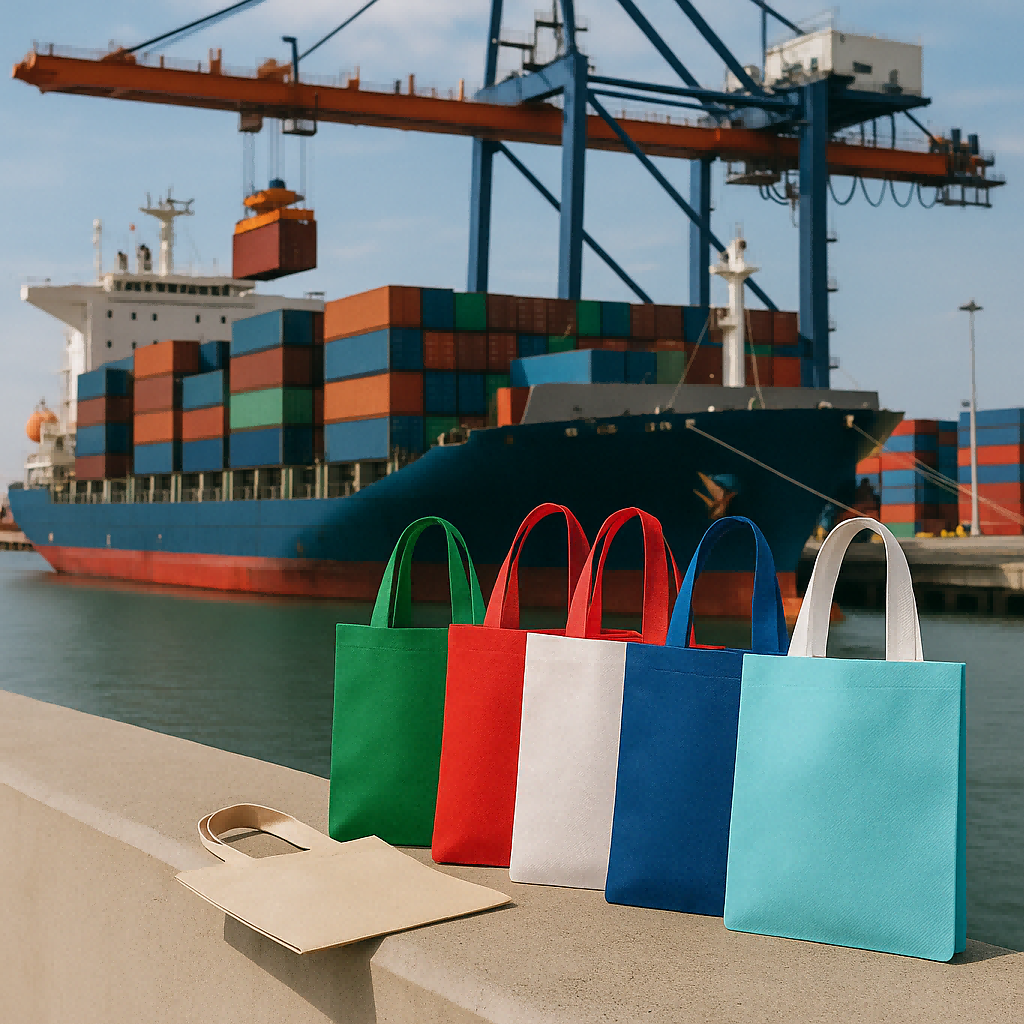
Freight Handling in Malaysia
Most suppliers will quote FOB Port Klang or Penang. You can also request DDP terms through freight forwarders like DHL Global Forwarding or Flexport.
| Export Feature | Malaysia | Remarks |
|---|---|---|
| Port Access | Klang, Penang | Daily sailings to US/EU ports |
| Logistics Partners | FedEx, Maersk, DHL | Competitive rates available |
| Export Experience | Very Good | Familiar with retail compliance |
| Labeling Support | Strong English support | Custom barcode and SKU printing |
What to Look for When Visiting Malaysian Non-Woven Bag Factories?
Photos in catalogs rarely tell the full story—seeing the factory firsthand reveals the truth.
During factory visits, check for machinery condition, clean working environments, up-to-date compliance certificates, and transparent quality controls.
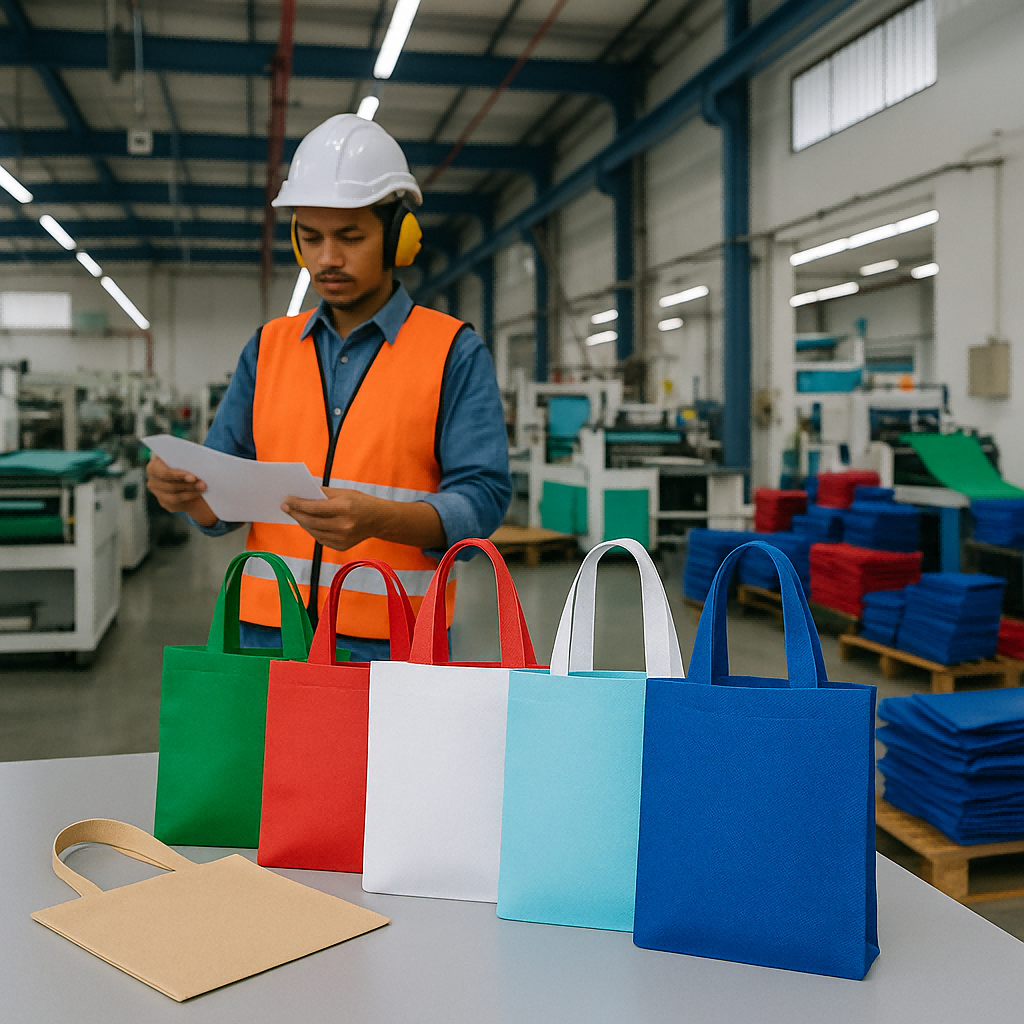
Factory Tour Checklist
I recommend you or your QC agent use this checklist when walking through a Malaysian non-woven bag plant:
| Audit Category | What to Look For |
|---|---|
| Equipment | Ultrasonic welding, 5-color printers, clean lines |
| Certifications | BSCI, GRS, ISO9001, SEDEX |
| Raw Material Storage | Labeled, off-ground, pest-free |
| Printing Facility | Solvent-free ink, accurate color matching |
| Quality Testing | Drop tests, seam stress tests, printing alignment |
How Malaysia’s Pricing Compares with China and India?
Price always matters—but it’s not the only metric.
Malaysian prices are competitive, with better communication and QC reducing overall risk and long-term cost.
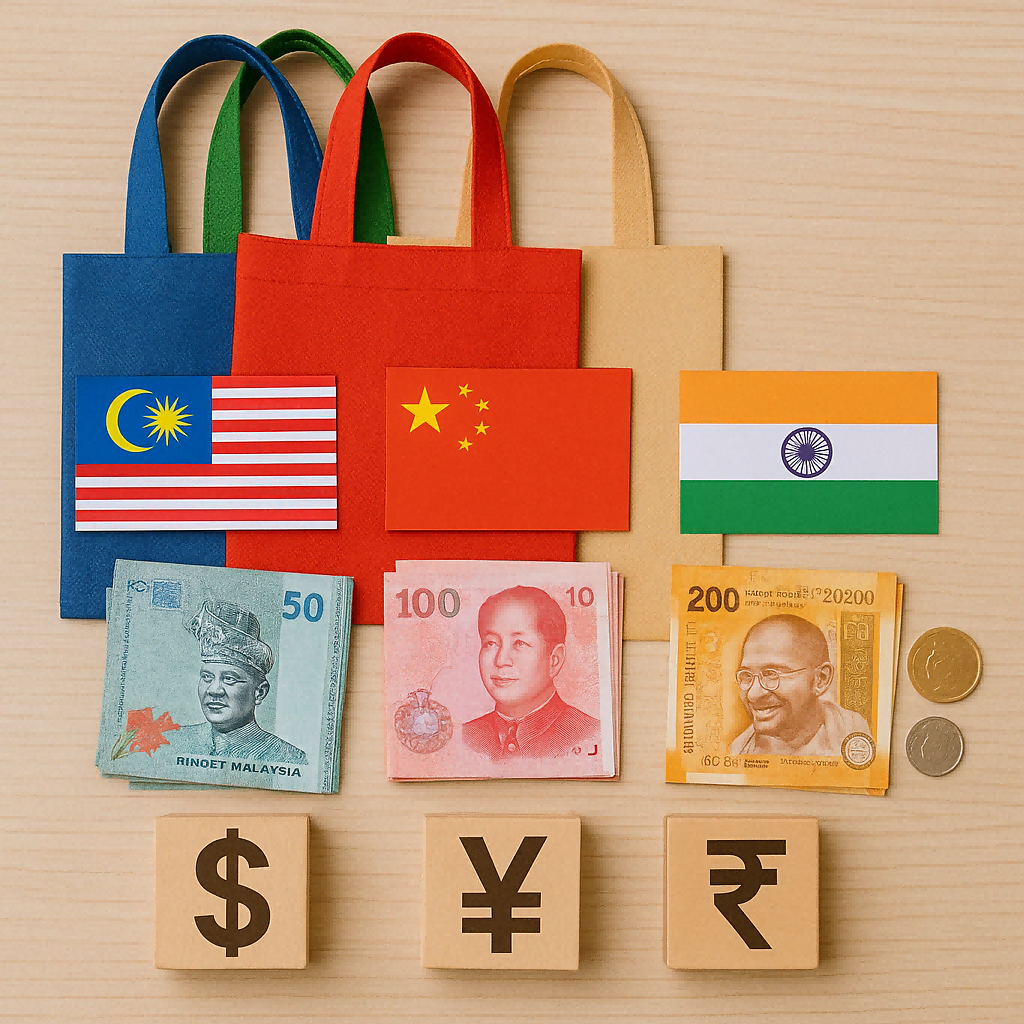
Regional Cost Comparison
Here’s what I’ve observed over multiple quotes for standard 80gsm laminated non-woven bags, size 35x40x10cm, with full-color logo.
| Country | Unit Cost (USD) | Notes |
|---|---|---|
| Malaysia | $0.32–$0.58 | Fast sampling, clear specs |
| China | $0.28–$0.62 | Cheaper bulk but complex negotiation |
| India | $0.25–$0.52 | Long lead time, design limitations |
Communication Made Easy: English Support & Contracts?
Ever struggled explaining zipper placement to a non-English speaker? That’s not an issue here.
Malaysia’s bilingual business environment allows for clear email communication, accurate specs, and contract negotiation.
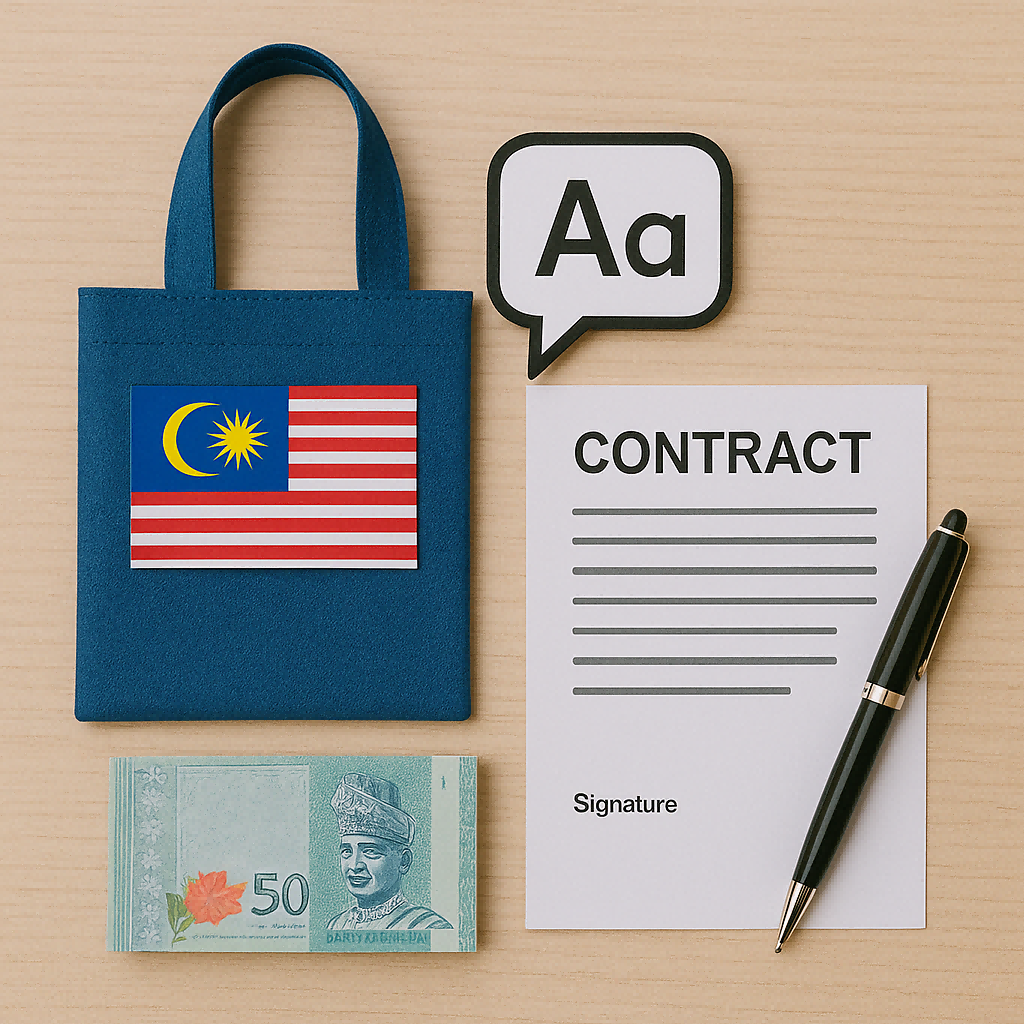
Communication Advantage
Many factory owners and account managers have international education or experience. This makes complex product requirements easier to execute.
| Communication Feature | Malaysia | Benefit |
|---|---|---|
| Email & Messaging | English fluent | Smooth, professional interaction |
| Sample Feedback | Timely, accurate | Easy correction cycles |
| Contracts & PO Terms | In English | Legal clarity, fewer misunderstandings |
Top Manufacturing Zones: Selangor, Johor, and Penang?
If you’re planning a factory visit, start with the right region.
Selangor, Johor, and Penang are Malaysia’s main non-woven bag manufacturing zones, offering port access and industrial parks.
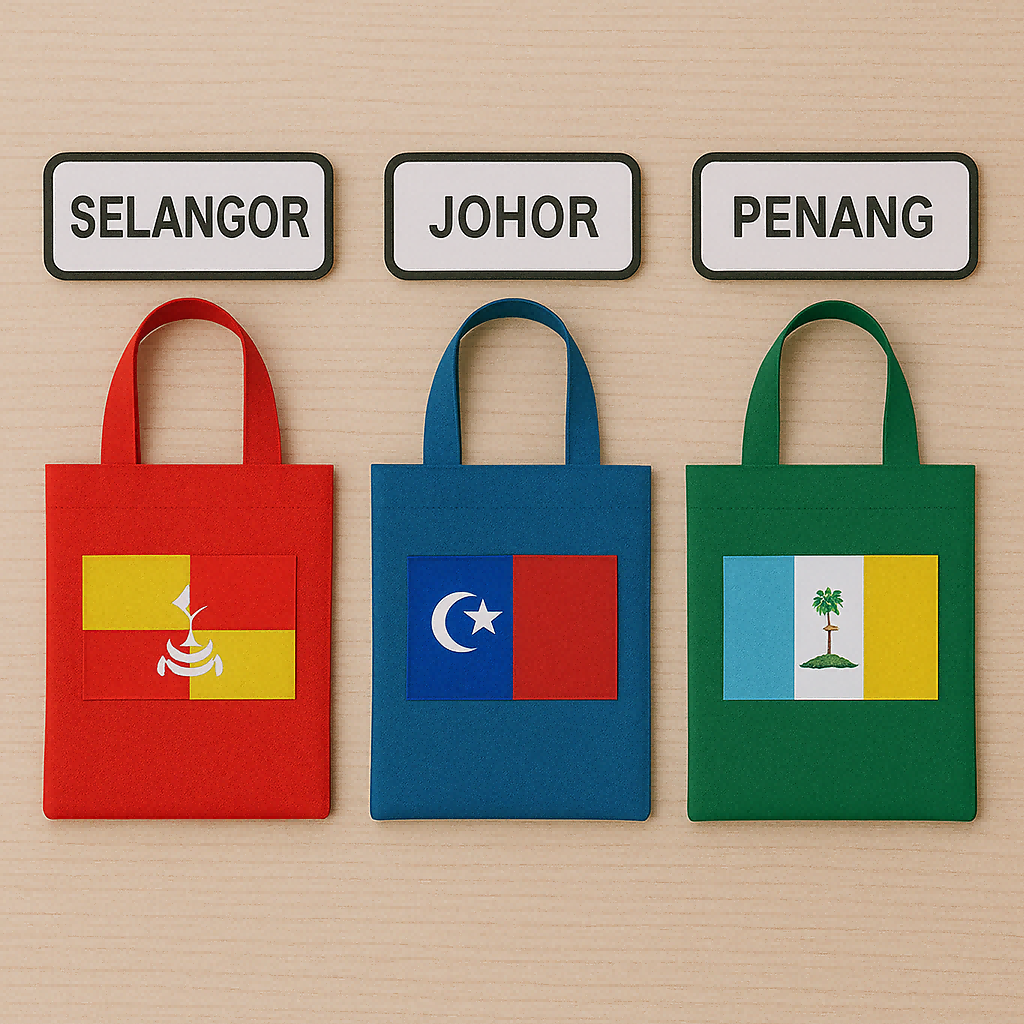
Supplier Cluster Map
| Region | Strength | Nearby Port |
|---|---|---|
| Selangor | Skilled labor, full-service factories | Port Klang |
| Johor | Export-focused units, fast to Singapore | Johor Port |
| Penang | ISO-certified suppliers, tech-savvy | Penang Port |
Trade Shows in Malaysia Where You Can Meet Suppliers Directly?
Nothing replaces face-to-face sourcing—build trust before sending your first deposit.
Events like MIHAS and IPMEX Malaysia offer a chance to vet suppliers, inspect samples, and lock in pricing.
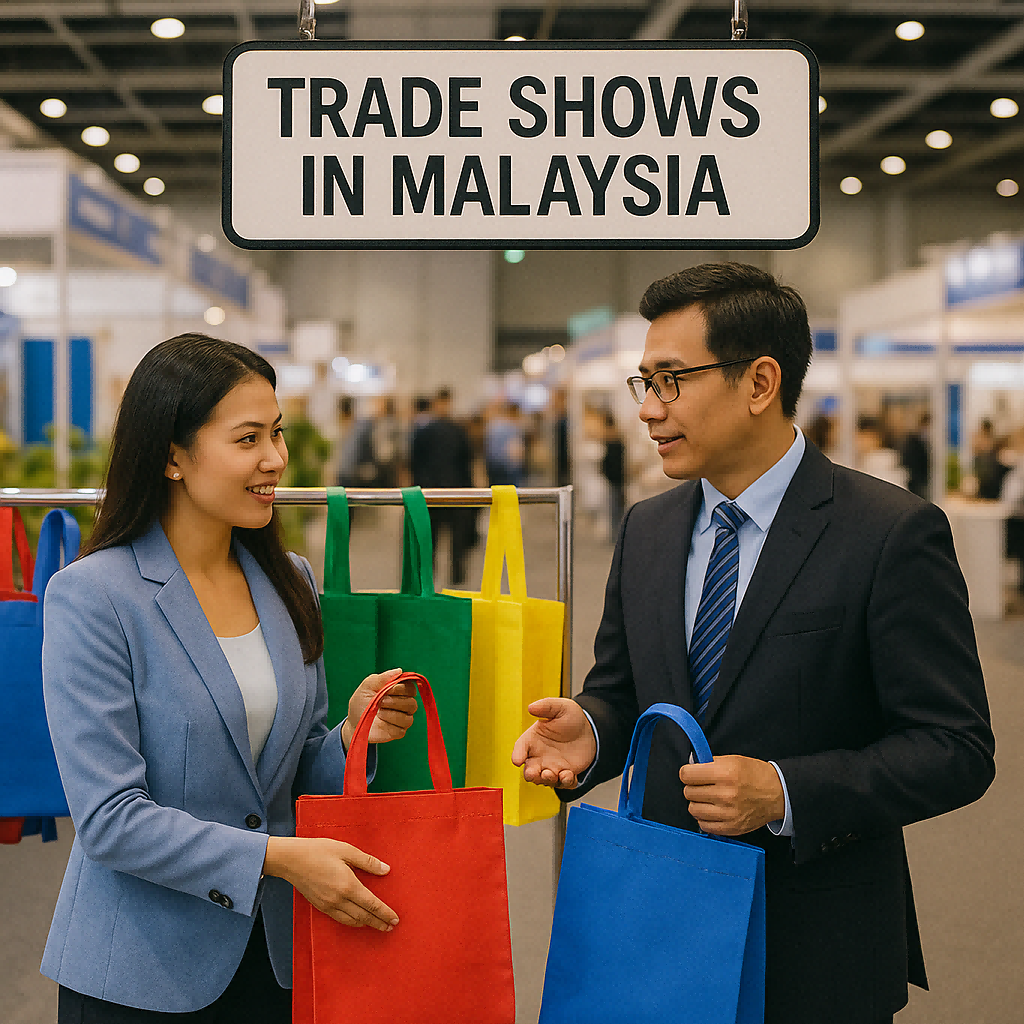
Top Sourcing Events
| Event Name | Frequency | Focus |
|---|---|---|
| MIHAS (Malaysia Int’l Halal Expo) | Annual | Eco-friendly & sustainable goods |
| IPMEX (Int’l Printing Fair) | Biennial | Packaging & promotional items |
| Export Excellence Showcase | Annual | Top-tier Malaysian factories |
Conclusion
Malaysia offers an ideal balance of quality, cost, and reliability for non‑woven bag sourcing—especially for buyers who prioritize smooth exports and fluent communication.
-
Clarify what “non‑woven bags” means and why it matters for buyers. ↩
-
Explain why English communication is a key advantage in Malaysia. ↩
-
Detail the rising demand for sustainable & reusable packaging globally. ↩
-
Define PP spunbond and its usage in bag production. ↩
-
Describe laminated non‑woven benefits like water-resistance and printability. ↩
-
Explain what Global Recycled Standard (GRS) certification is and why it matters. ↩



